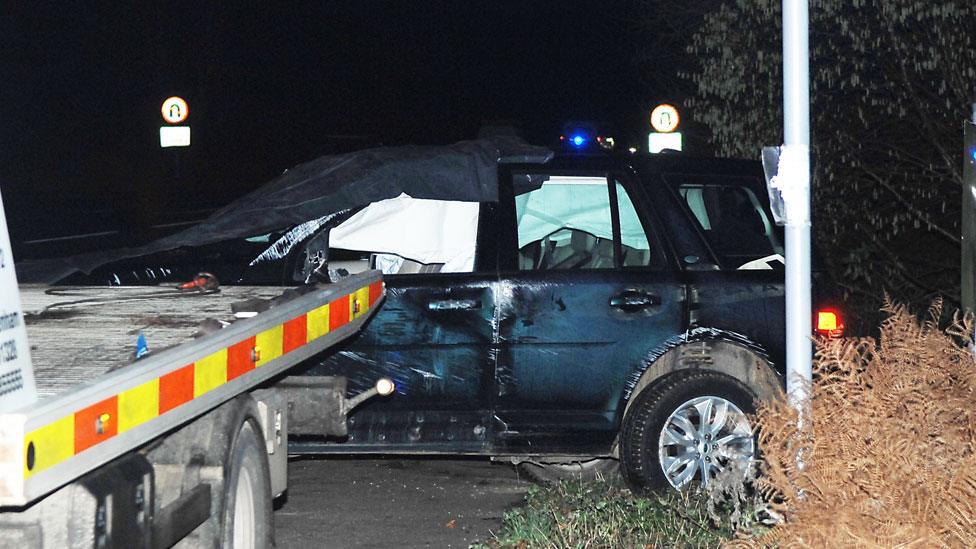Older drivers: Is age a factor behind the wheel?
- Published
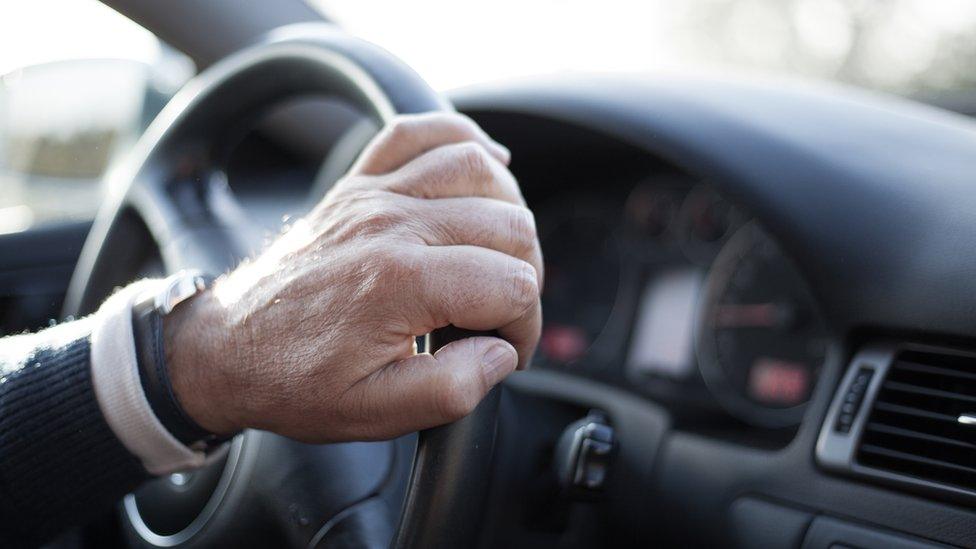
After the Duke of Edinburgh was involved in a road crash where he was at the wheel, there was surprise in some quarters that he was still driving at the age of 97.
But he's not alone. The number of people over 90 holding a driving licence in Britain has been on the rise - it recently topped 100,000. So should you still be driving in your 90s?
Are elderly drivers potentially a danger?
The number of over-70s holding a driving licence exceeded five million for the first time last year, but figures suggest concerns that older drivers pose a danger are unfounded.
AA president Edmund King said high profile car crashes involving elderly drivers often spark calls for bans or restrictions - but it is younger drivers who pose more of a risk.
"Young, predominantly male, drivers are much more likely to crash within six months of passing their test than older drivers within six months of hanging up their keys," he said.
"Older drivers often self-restrict their driving by not driving at night and only driving on familiar roads."

Car accidents: Younger v older drivers
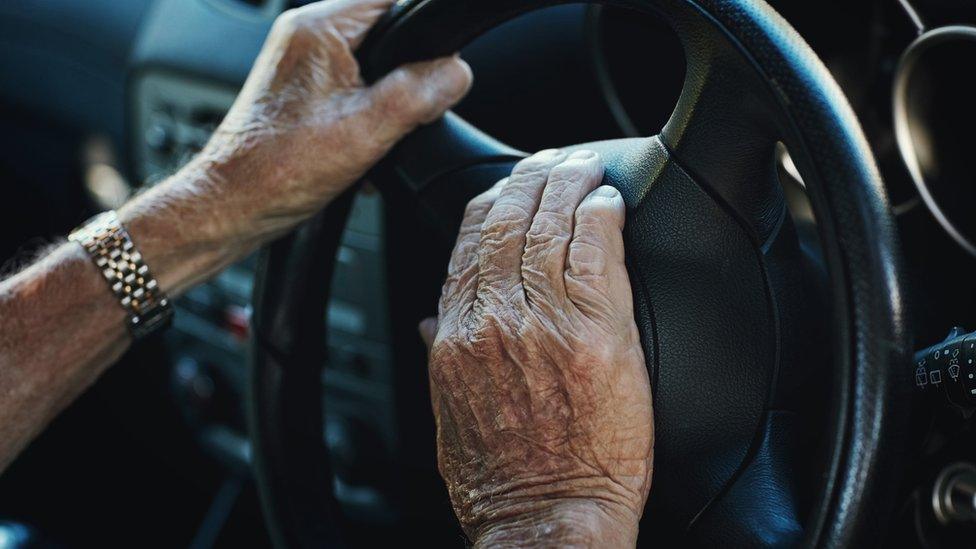
By BBC Reality Check
In November 2018, there were 5.3 million over-70s with full driving licences in Britain, according to the Driver and Vehicle Licensing Agency (DVLA).
There were 11,245 people involved in road traffic accidents where the driver was in that age group - a rate of two per 1,000 licence holders.
For Britain's 2.8 million drivers aged 17 to 24, the rate was more than four times as high, at nine per 1,000.
The DVLA did not provide figures on whether this simply reflected that the older age group were on the road less than the younger age group. However, a separate study from the National Travel Survey suggests that over-70s drive an average of 1,000 miles a year more than under-20s.

A Swansea University study in 2016 found drivers aged 70 were involved in three to four times fewer accidents than men aged between 17-21.
Malcolm Tarling, from the Association of British Insurers, says car insurance claims point to the average cost increasing once you are aged over 80.
However, he says age is not the only factor insurers will consider and older drivers with good records will see this reflected in the cost of their car insurance - so being older is not always seen in a negative light.
How many over-90s still drive?
In the UK, 110,790 people aged 90 or over still held driving licences, according to the figures released by the DVLA in November.
The duke, who is five months short of his 98th birthday, famously drove the Obamas when the then-US president and first lady visited Windsor in 2016.
Prince Philip was 94 when he drove the Obamas and his wife, the Queen
There were 314 licence holders aged at least 100. The oldest were four people who were 107.
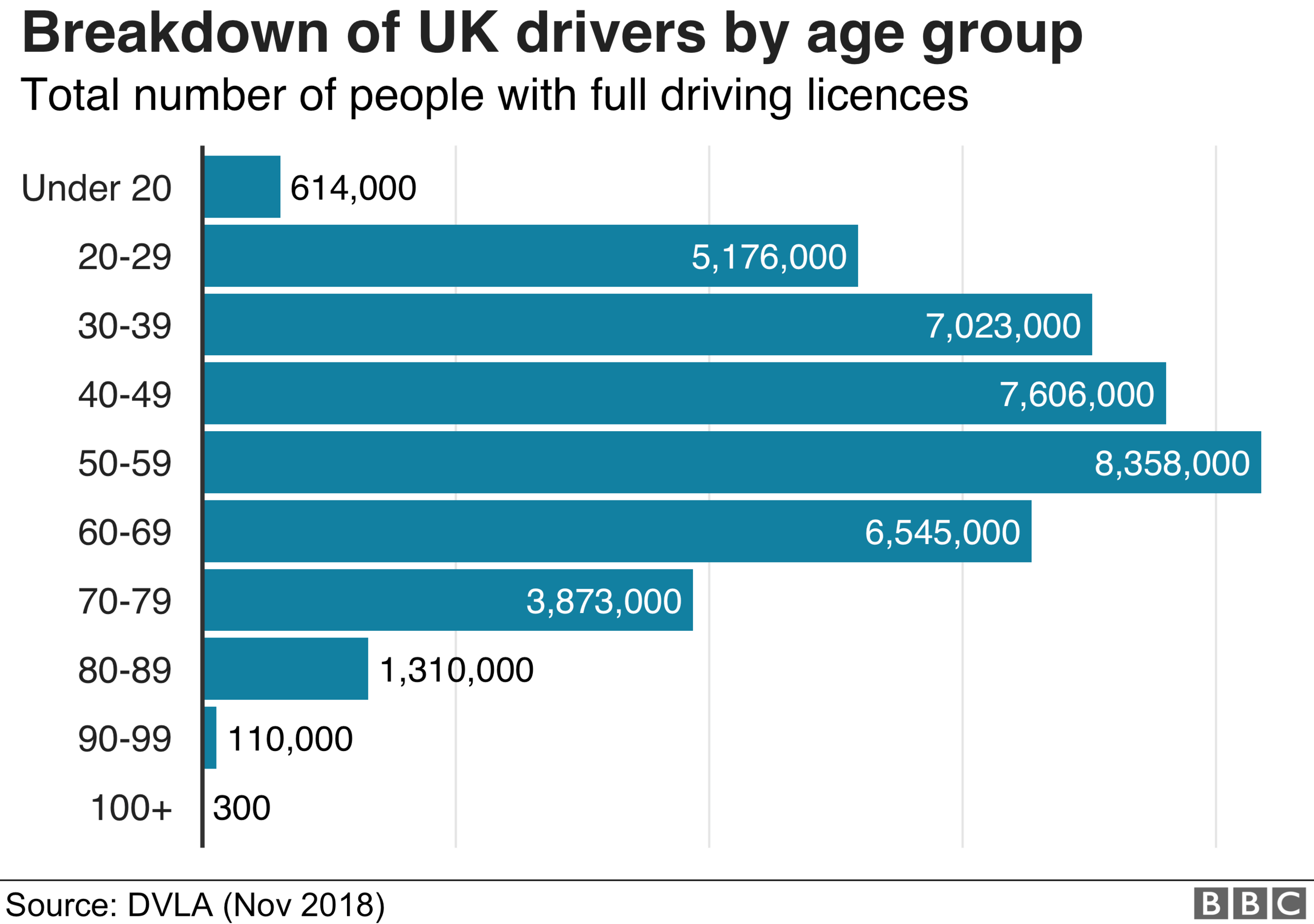
What does the law say?
Once you reach 70, your driving licence automatically expires. To renew it, you must fill in a self-assessment declaring you are medically fit to continue driving - but you do not actually have to pass a test.
You have to reapply every three years.
To drive legally, you must also be able to read a number plate from 20m (65ft) away.
The Association of Optometrists has previously called for those behind the wheel to have compulsory eye tests every 10 years.
You also need to tell the DVLA if you develop any medical conditions that could affect your ability to drive safely.
When is it time to give up?
Eileen Ash, from Norfolk, is 107 years old and the world's oldest living international cricketer (male or female). She has been driving since passing her test 82 years ago but has decided "the time has come" to give up driving.
She says there is no particular reason she is stopping now but came to the decision on her own and will miss it "terribly".
"It's about time. It's a thing you decide - you know when you have to give it up," she says.
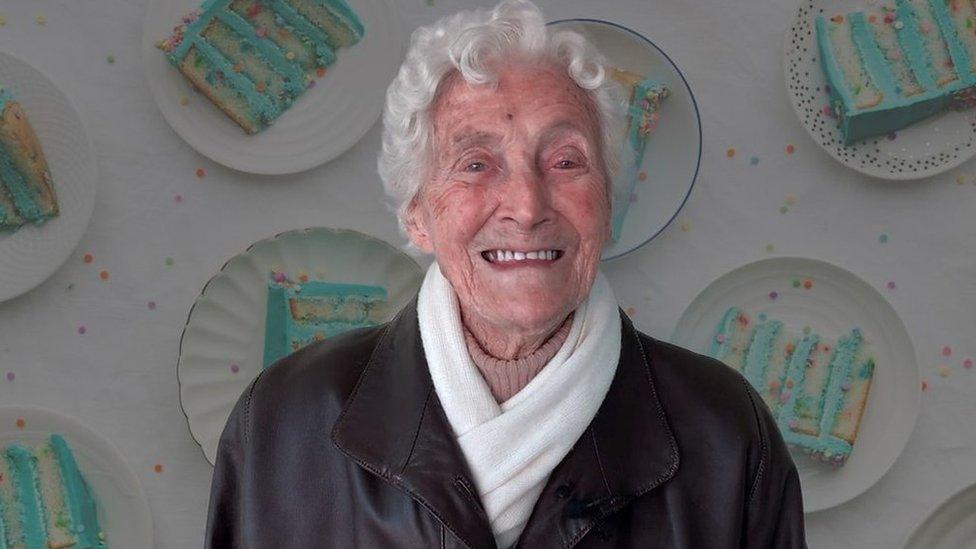
Eileen Ash, 107, passed her driving test in 1937
Fred Wright decided to retire from driving last year aged 90.
His daughter Jennifer Broomfield, 66, admitted neither her dad nor her family wanted to address the issue at first.
She said: "I think his reactions were getting slower - he knew that himself.
"Driving had become stressful for him but he didn't want to address it at first."
Mr Wright, who lives just outside of Peterborough, decided to stop after a conversation with his family.
His two daughters now provide regular lifts to help out.
Mrs Broomfield added: "I was worried about him but I think he's adapted really well - and it's stress free."

Fred Wright with his wife Betty, aged 91, at an exhibition at Peterborough Cathedral.
Caroline Abrahams, charity director at Age UK, said age was "a pretty poor indicator" of driving ability.
She said: "We certainly don't think there is a place for arbitrary upper age limits for driving - the evidence suggests this would unfairly penalise many older people who are perfectly capable of driving safely."
The Older Drivers website,, external which advises senior citizens how to drive safely, says you should be the one to decide when it's time to stop driving unless you are medically unfit to drive.
The website, set up by the Royal Society for the Prevention of Accidents, also suggests talking to friends, family or your GP as they can help you to see problems you may not have noticed.
How can I talk to an older person about not driving?
If you feel someone's driving is affecting their safety, or putting other people in danger, Ms Abrahams says you have a responsibility to talk to them about it.
The charity's website, external suggests doing some research so you can offer suggestions to help that person keep their independence, such as looking at public transport options.
Age UK says: "Approach the subject sensitively and tactfully. It may be difficult if the person reacts defensively, gets upset or feels humiliated.
"Encourage the person to think about whether they're putting themselves and others at risk which might help them consider whether their driving is a concern."

What signs to look out for?
The Older Drivers Forum, external - a charity that aims to keep older drivers on the road safely for longer - suggests looking out for the following signs:
Slower reaction times
Difficulty in turning to see when reversing
Keeping a foot on the brake
Other drivers sounding their horns at them
Incorrect signals
Hitting the kerb
Trouble making turns
Confusion at exits
Over-revving the engine, especially on low-speed manoeuvres
Difficulties with low-light or night-time driving
Avoidance of driving to new or unfamiliar places
Scrapes and dents in the car
- Published26 July 2017
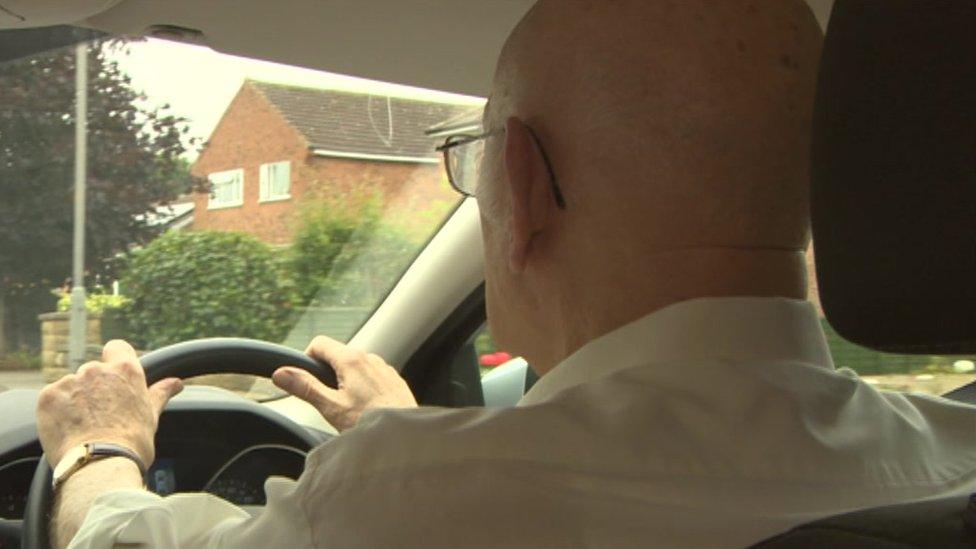
- Published7 September 2016

- Published23 July 2018
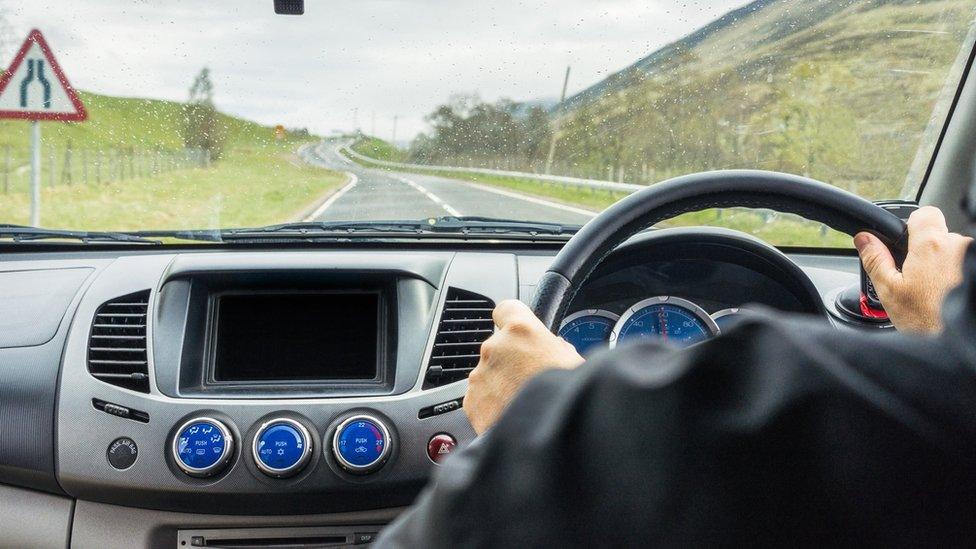
- Published18 January 2019
